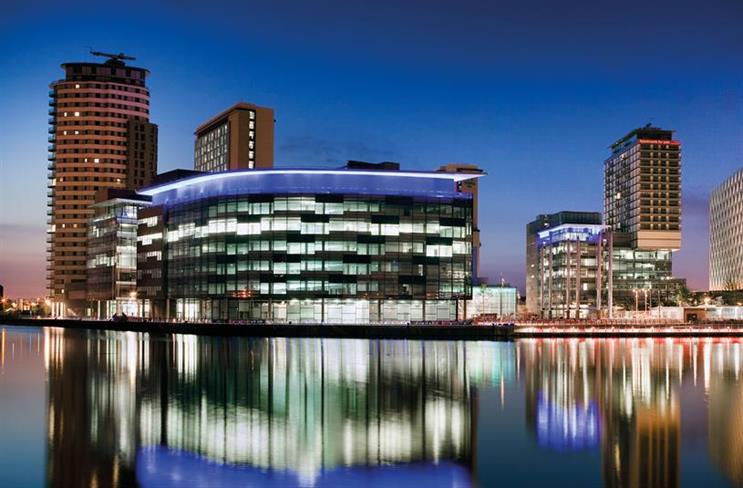
As someone brought up in the belief that the BBC is the shining beacon of global broadcasting standing for truth, quality and objectivism, the mere thought of criticising Auntie is enough to make me want to stick forks in my legs.
That said we are currently faced with the stark reality that the BBC has unintentionally become a clear and present danger to the future of the wider British news sector.
The context to the problem is the BBC's genesis as the first domestic broadcaster; the subsequent commercial regulatory environment was structured around the BBC and has continued to evolve around it. From the point when ITV first created the commercial market in 1955 the domestic supply and demand economy in commercial TV and radio worked for two generations and even the emergence of the subscription TV category still allowed for a profitable balance.
The 2006/7 Charter Renewal however extended and enshrined the same licence fee operating model to the BBC news digital offering and herein lies the rub. This last Charter Renewal took place in the early years of the commercial web and its authors could not possibly have foreseen the evolution of the digital marketplace; nobody could have done.
The critical imbalance now in the digital ad economy between dramatic oversupply of inventory and advertiser demand has created a scenario wherein the value of context and environment is in danger. The open exchange of yesterday was simply a technological response to an oversupply of digital inventory which allowed the market to effectively 'mop up' the excess. These were the bad times. Today smart agencies and smart advertisers have adapted and recognise the need for quality and trusted inventory in the right environments.
This natural ebb and flow and a return of the recognition that both audience and context are important for advertisers would, in any other market, allow for a return to a commercial equilibrium for the news brands. This however has been slow to materialise and if we’re reductive about the scenario we have to look pretty long and hard at the BBC as a potentially anti-competitive force in the news industry.
Firstly we have the obvious problem that has existed ever since news migrated online and that this is the presence of a well-funded and well-executed offering in bbc.co.uk/news. This has been the perennial thorn in publishers’ sides and has resulted in a number of different and opposing commercial models e.g. free, partially free, paywall. This in itself would not be an unsurmountable issue but coupled with the oversupply of inventory the omnipresent alternative to an ad-funded platform for consumers makes it much harder for publishers to monetise quality content at a fair premium.
Secondly (and as a consequence of the first point) UK publishers have found themselves in a quandary in addressing the conundrum of ad-blocking. While I believe the solution to ad-blocking does lie with the publishing community they are wrestling with it with one arm tied behind their back. In other markets where there is no ‘state broadcaster’ or one that is less dominant in the online news market, the resultant quid pro quo has been a much broader take up of the ‘you can’t view our content if you won’t view our ads’ policy. This is a far riskier gambit in the UK where there is a mass-market, taxpayer-funded news platform as an easy alternative.
Thirdly the migration of consumption ‘off-platform’ (e.g. Facebook Instant Articles, Apple News) creates a further imbalance with the BBC. These off-platform initiatives are progressive and extremely positive steps for the news and social distribution communities but they come with risks. The inevitable gradual diminishment of 'owned' news platforms and the aggregation of articles into the newsfeed means that everyone, including the BBC, is competing for views on a completely level playing field. The self-select mechanic of these individually curated news feeds and the attendant revenue share model means that we will have BBC articles competing for the same impacts, in the same environment as ad-funded journalism but with absolutely no commercial imperative.
The BBC then is at risk of unintentionally becoming an increasingly anti-competitive force in the news market and one that is preventing established news brands from being masters of their own commercial destiny. If we accept that there still exists a broad equilibrium between the BBC as broadcaster and the commercial TV and radio sectors, then in these early days of charter renewal for 2016 surely the most equitable area for the BBC to monetise in an open advertising market would be its digital news platform.
Nick Baughan is the chief executive of Maxus UK



.jpg)
.jpeg)
